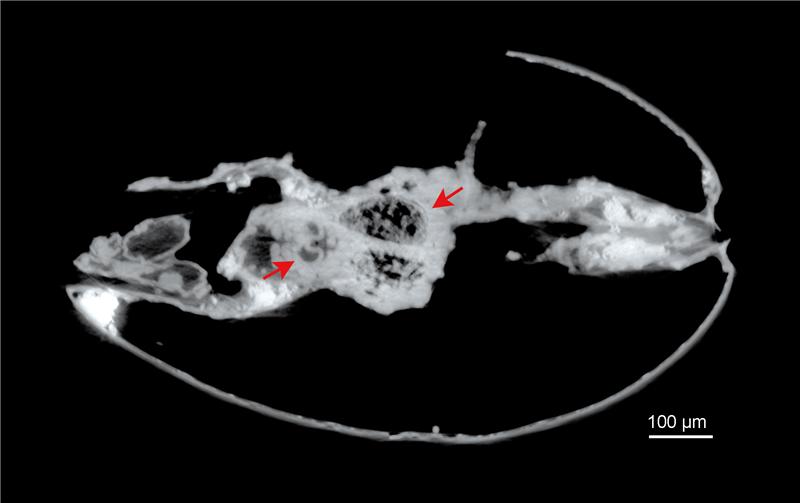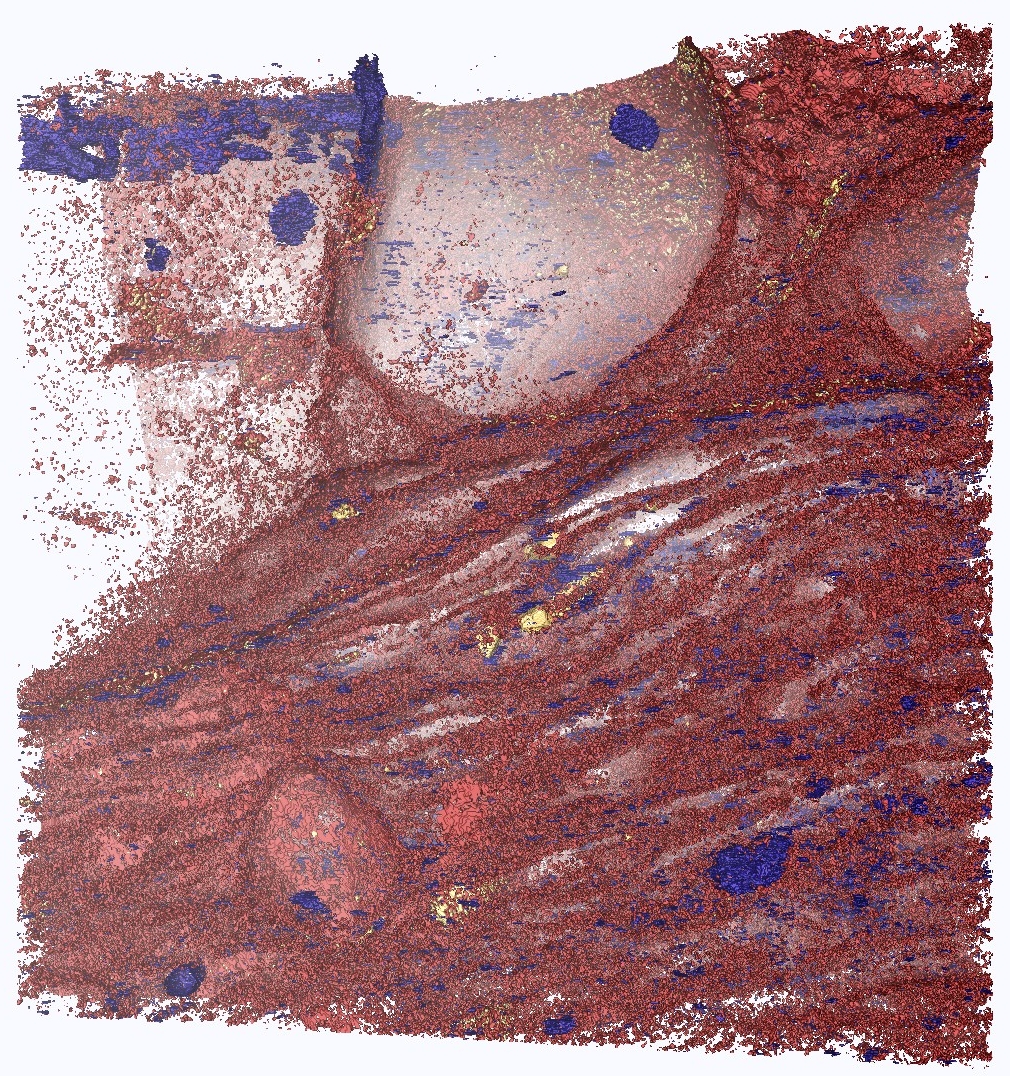Plagued by jet lag? If
we can send a rocket to the moon why can't we figure out how to fly to different time zones and still be fresh? Researchers at Brigham and Women's Hospital and the University of Michigan say they have developed a software program that prescribes a light exposure regimen for avoiding jet lag.
Renate Matzke-Karasz from Ludwig-Maximilians-Universität Munich has led an international team of scientists who are studying sperm specimens from the London Natural History Museum’s collections. Their research has revealed fossilized evidence for reproduction using giant sperm in a group of small aquatic crustaceans, called ostracods, dating back to 100 million years ago.
The University of Leicester’s School of Management wonders if more religious control of banks might have lessened the impact of the global financial crisis.
Buying into the notion that a 'sub-prime' housing market led to the latest global financial crisis, they say developing new practices which can address the issues that led the world to the brink of collapse are a vital part of recovery.
Professor Martin Parker, Director of Research for the Management School, thinks a banking system consistent with the principles of Islamic law (Sharia) may be a solution so the university is hosting a conference to consider potential lessons from the Islamic Banking and Finance sector.
Researchers from the University of Pittsburgh and the Buffalo Museum of Science say we've been making a mistake using DNA to contend that humans are most closely related to chimpanzees. The fossil record says otherwise, they report in the Journal of Biogeography.
Jeffrey H. Schwartz, professor of anthropology in Pitt's School of Arts and Sciences and president of the World Academy of Art and Science, and John Grehan, director of science at the Buffalo Museum, conducted an analysis of the physical features of living and fossil apes that suggested humans, orangutans, and early apes belong to a group separate from chimpanzees and gorillas.
You've heard legends of snakes that hypnote their prey - Kaa in "The Jungle Book" did it and Disney is renowned for their scientific accuracy - but a tentacled snake from South East Asia has gone hypnosis one better; it startles its prey so that the fish turn toward the snake's head to flee instead of turning away. In addition, the fish's reaction is so predictable that the snake actually aims its strike at the position where the fish's head will be instead of tracking its actual movement.
Scientists have discovered the presence of a natural deep earth 'pump' that is a crucial element in the formation of ore deposits and earthquakes. The process, called 'creep cavitation', involves fluid being pumped through pores in deformed rock in mid-crustal sheer zones, which are approximately 15 km below the Earth's surface.
The fluid transfer through the middle crust also plays a key role in tectonic plate movement and mantle degassing.
The discovery was made by examining one millimeter sized cubes of exposed rock in Alice Springs, which was deformed around 320 million years ago during a period of natural mountain formation.
 Study: Caloric Restriction In Humans And Aging
Study: Caloric Restriction In Humans And Aging Science Podcast Or Perish?
Science Podcast Or Perish? Type 2 Diabetes Medication Tirzepatide May Help Obese Type 1 Diabetics Also
Type 2 Diabetes Medication Tirzepatide May Help Obese Type 1 Diabetics Also Life May Be Found In Sea Spray Of Moons Orbiting Saturn Or Jupiter Next Year
Life May Be Found In Sea Spray Of Moons Orbiting Saturn Or Jupiter Next Year









